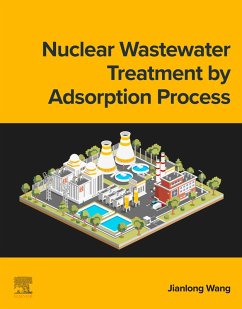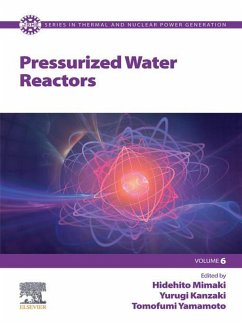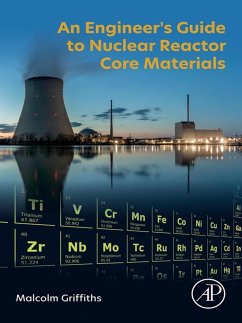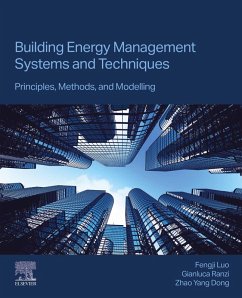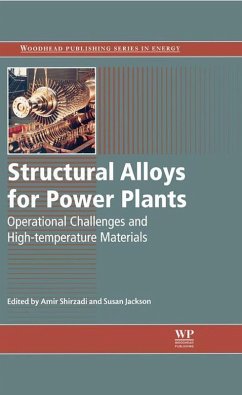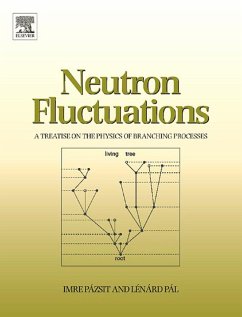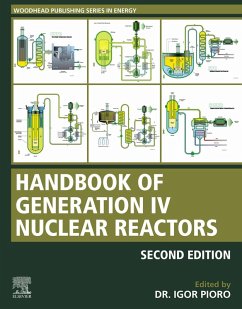
Moving Particle Semi-implicit Method (eBook, ePUB)
Recent Developments and Applications
Versandkostenfrei!
Sofort per Download lieferbar
116,95 €
inkl. MwSt.
Weitere Ausgaben:

PAYBACK Punkte
58 °P sammeln!
Moving Particle Semi-implicit Method: Recent Developments and Applications offers detailed step-by-step guidance for advanced numerical models in the MPS method. With a strong focus on overcoming challenges, such as low improving accuracy and numerical stability, the book also examines the applications of MPS, particularly within nuclear engineering. Beginning with an introduction to grid-based and particle-based numerical methods, the book then reviews the original MPS method. Following chapters examine how the original method can be improved, covering topics such as improved discretization m...
Moving Particle Semi-implicit Method: Recent Developments and Applications offers detailed step-by-step guidance for advanced numerical models in the MPS method. With a strong focus on overcoming challenges, such as low improving accuracy and numerical stability, the book also examines the applications of MPS, particularly within nuclear engineering. Beginning with an introduction to grid-based and particle-based numerical methods, the book then reviews the original MPS method. Following chapters examine how the original method can be improved, covering topics such as improved discretization models, stabilization methods, multiphase flow and turbulence models, and improving efficiency. Closing chapters analyze applications in nuclear and ocean engineering, as well as considering future developments and implications. This book is an essential read for graduates, researchers and engineers interested in nuclear engineering and computational fluid dynamics. - Presents detailed information on the advanced numerical models in the Moving Particle Semi-Implicit (MPS) method, including the improved discretization scheme, stabilization method, boundary condition, multiphase flow and fluid-structure interaction - Provides the latest advances in improving the accuracy, stability and consistency of the MPS method - Highlights the nuclear and ocean engineering applications of MPS
Dieser Download kann aus rechtlichen Gründen nur mit Rechnungsadresse in A, B, BG, CY, CZ, D, DK, EW, E, FIN, F, GR, HR, H, IRL, I, LT, L, LR, M, NL, PL, P, R, S, SLO, SK ausgeliefert werden.




